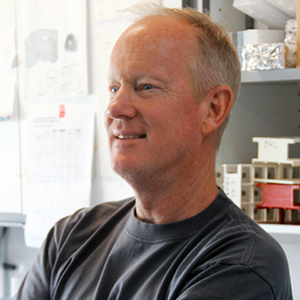A major hurdle to the successful clinical use of some viral vectors relates to the innate, adaptive, and memory immune responses that limit the efficiency and duration of transgene expression. Some of these drawbacks may be circumvented by using vectors derived from nonhuman viruses such as canine adenovirus type 2 (CAV-2). Here, we evaluated the potential of CAV-2 vectors for gene transfer to the respiratory tract. We found that CAV-2 transduction was efficient in vivo in the mouse respiratory tract, and ex vivo in well-differentiated human pulmonary epithelia. Notably, the in vivo and ex vivo efficiency was poorly inhibited by sera from mice immunized with a human adenovirus type 5 (HAd5, a ubiquitous human pathogen) vector or by human sera containing HAd5 neutralizing antibodies. Following intranasal instillation in mice, CAV-2 vectors also led to a lower level of inflammatory cytokine secretion and cellular infiltration compared to HAd5 vectors. Moreover, CAV-2 transduction efficiency was increased in vitro in human pulmonary cells and in vivo in the mouse respiratory tract by FK228, a histone deacetylase inhibitor. Finally, by using a helper-dependent CAV-2 vector, we increased the in vivo duration of transgene expression to at least 3 months in immunocompetent mice without immunosuppression. Our data suggest that CAV-2 vectors may be efficient and safe tools for long-term clinical gene transfer to the respiratory tract.
Canine adenovirus vectors for lung-directed gene transfer: efficacy, immune response, and duration of transgene expression using helper-dependent vectors
Keriel, A.; Rene, C.; Galer, C.; Zabner, J.; Kremer, E. J.
2006
J Virol
2006-02 / vol 80 / pages 1487-96
Abstract
IGMM team(s) involved in this publication

Eric J Kremer
Adenovirus: receptors, trafficking, immunogenicity & vectorology
Tags
Humans; Animals; Mice; Time Factors; Cell Line; *Gene Transfer Techniques; Dogs; Gene Expression; Helper Viruses/genetics; *Genetic Vectors; Immunologic Memory; Adenoviruses, Canine/*genetics/*immunology; Adenoviruses, Human/genetics/immunology; Antibodies, Viral/biosynthesis; Epithelial Cells/virology; Gene Therapy/adverse effects; Lung/*virology; Transduction, Genetic
